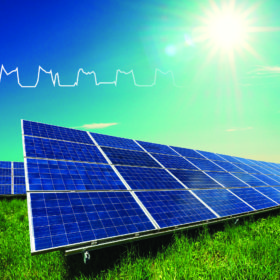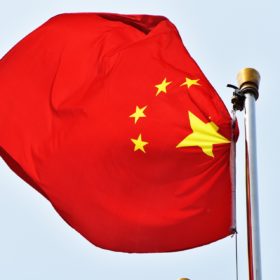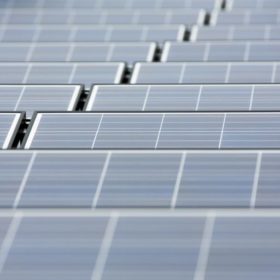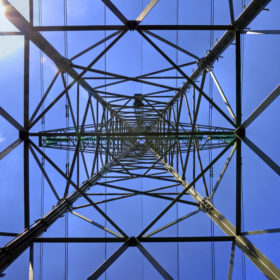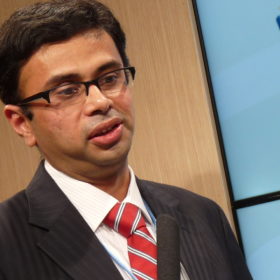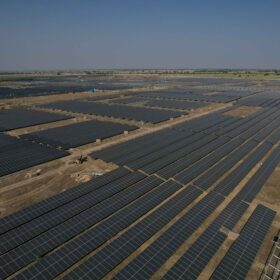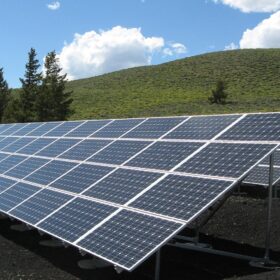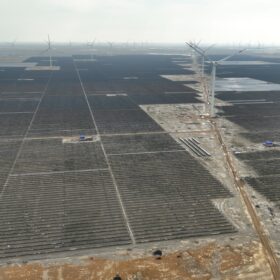India leads the way as PV threatens coal-fired power
Falling PV panel prices led to notable year-on-year falls in the cost of developing solar plants around the world. India led the way with PV projects costing a weighted average of just $793/kW of capacity installed in 2018. Costs in China dipped to $879/kW last year, while solar projects in US and Australia cost $1,500.
China reveals details of first 15 GW of grid parity solar
Some 168 projects will be developed across 16 provinces free from central government subsidy. The fact the average capacity of such projects has tumbled indicates Beijing’s plan to accelerate the arrival of subsidy free solar may be on track.
China confirms FIT level payments – but they will be ‘subject to competition’
The Beijing authorities have confirmed the payment levels to be made according to type of project and region from July onwards but an auction process will be involved so the figures are for guidance only. No decision has yet been made on the 30 GW of capacity added since the end of May.
India and Australia helped make up for Chinese solar retreat last year
The world had more than half a terawatt of PV generation capacity at the end of last year as emerging solar markets picked up the slack caused by Beijing’s subsidy about-turn to the tune of a 20% rise in installations outside China.
Alternative charging options drive down battery costs for ebuses
All-electric buses will cost the same as diesel options by 2030 – and possibly earlier – according to research into the global EV market which highlighted the potential for India to follow China’s lead in the sector.
China sheds light on transition to subsidy-free solar
An emphasis on grid-parity PV has been hammered out in the latest policy document to emerge after several weeks of haggling in Beijing. Chinese analyst AECEA says the success of the subsidy-free effort will hinge on the ability of power companies to transmit and guarantee consumption of the power generated by new projects.
Storage set to come of age in the next five years
The transition for utility scale storage from offering short duration, high value grid services to the world of long duration energy peaking could spell the end of fossil fuel backup generation within five years.
Change in form of Indian power purchase agreements may occur, says UK developer
The chief executive of Britain’s Proinso suggested slashing the length of power supply contracts from 25 to just five years could be a significant setback for Indian solar, and said the solution could be a hybrid agreement incorporating fixed and spot prices.
Government fund to safeguard payments for PV developers
The payment security fund administered by SECI will ensure late payments by debt-laden discoms will not affect solar developers. The government is considering a levy on PV projects to help maintain the fund.
The long read: PV’s Polish cold turkey
Considering the remarkable advances made by the solar sector since the Rio ‘Earth Summit’ of 1992, PV was notable by its absence at the Convention of Parties climate change summit held by the UN in Poland.

